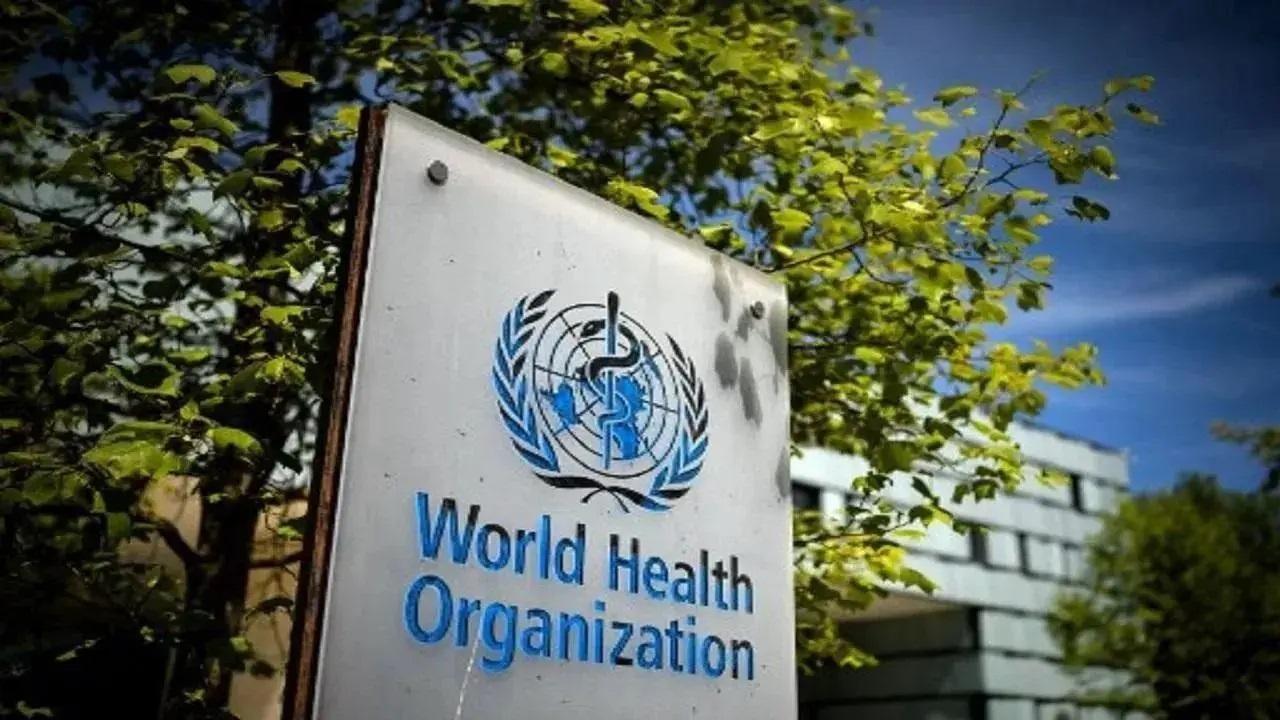Dr Salil Patkar, consultant-medical oncology, Fortis Hiranandani Hospital, Vashi (Navi Mumbai) says the use of talcum powder is widespread, and many people are unaware of the potential risks associated with it

Image for representational purpose only. Photo Courtesy: istock
The recent classification of talc as "probably carcinogenic to humans" by the World Health Organization's cancer agency, the International Agency for Research on Cancer (IARC), is a significant development in the ongoing debate about the safety of talcum powder, Dr Salil Patkar, consultant-medical oncology, Fortis Hiranandani Hospital, Vashi (Navi Mumbai), said on Sunday.
ADVERTISEMENT
According to the doctor, the use of talcum powder is widespread, and many people are unaware of the potential risks associated with it.
"While the evidence is not yet conclusive, it is essential to err on the side of caution when it comes to public health," Patkar said.
"The link between talcum powder and ovarian cancer is plausible, as talc particles can travel through the reproductive system and cause inflammation and damage to the ovaries. This inflammation can increase the risk of cancer," he added.
The cancer agency classified talc as "probably carcinogenic to humans" on the basis of a combination of limited evidence for cancer in humans (for ovarian cancer), sufficient evidence for cancer in experimental animals, and strong mechanistic evidence that talc exhibits key characteristics of carcinogens in human primary cells and experimental systems.
According to the agency, numerous studies showed an increase in the incidence of ovarian cancer in humans self-reporting the use of body powder in the perineal region.
An increased rate of ovarian cancer was also observed in studies looking at occupational exposure of women exposed to talc in the pulp and paper industry, it added.
Patkar mentioned that it is crucial for individuals, especially women, to be aware of the potential risks associated with talcum powder use.
"Alternative products, such as cornstarch-based powders, can be used instead. Additionally, manufacturers should take responsibility for informing consumers about the potential risks and providing safer alternatives," he said.
Based on the current evidence, the doctor suggested that it is essential to exercise caution and consider "the potential risks associated with talcum powder use".
This story has been sourced from a third party syndicated feed, agencies. Mid-day accepts no responsibility or liability for its dependability, trustworthiness, reliability and data of the text. Mid-day management/mid-day.com reserves the sole right to alter, delete or remove (without notice) the content in its absolute discretion for any reason whatsoever.
 Subscribe today by clicking the link and stay updated with the latest news!" Click here!
Subscribe today by clicking the link and stay updated with the latest news!" Click here!







